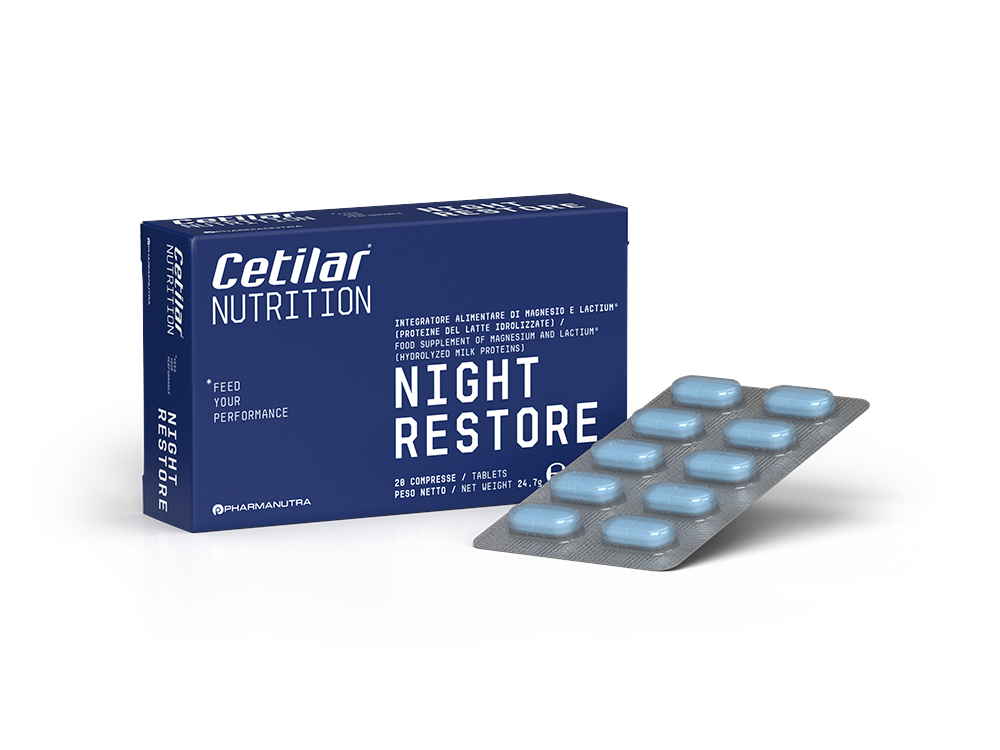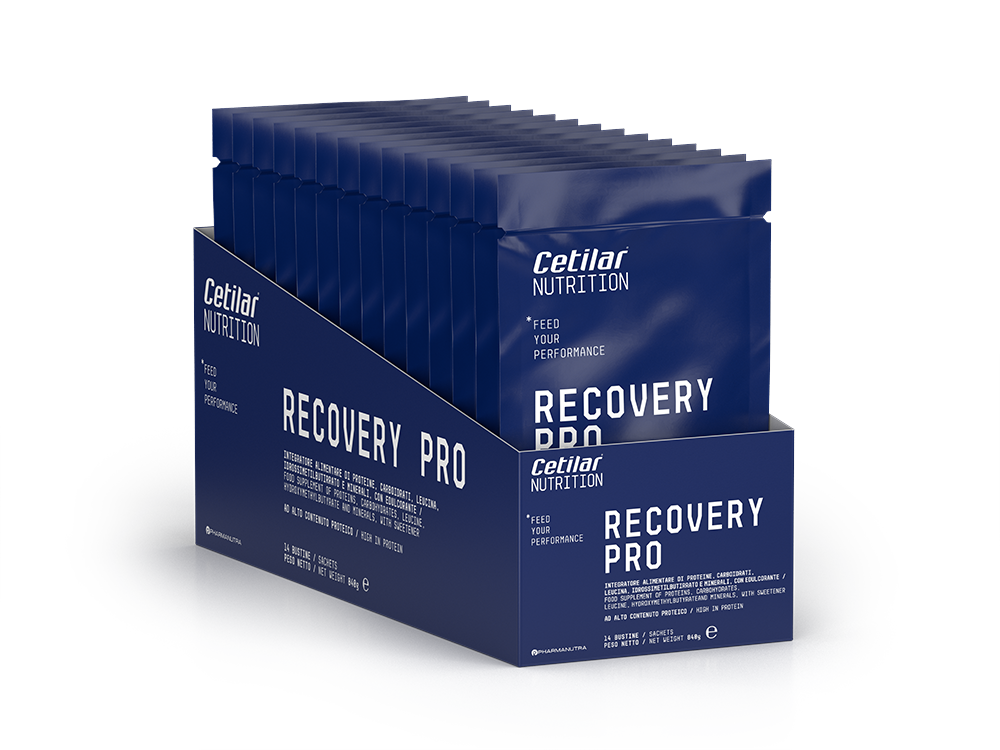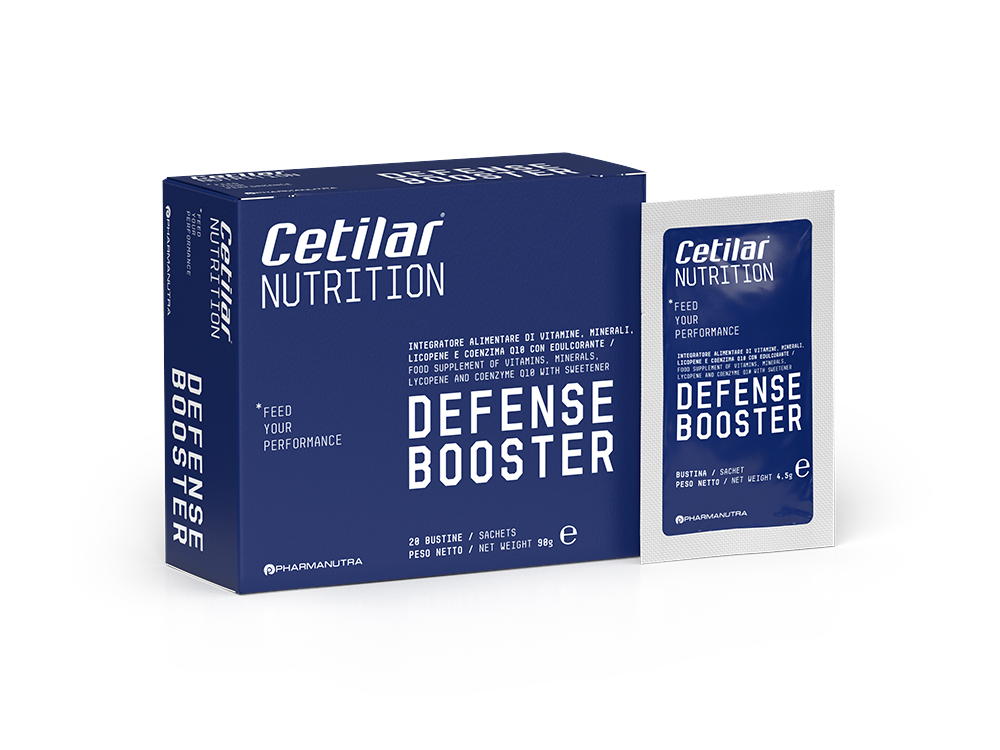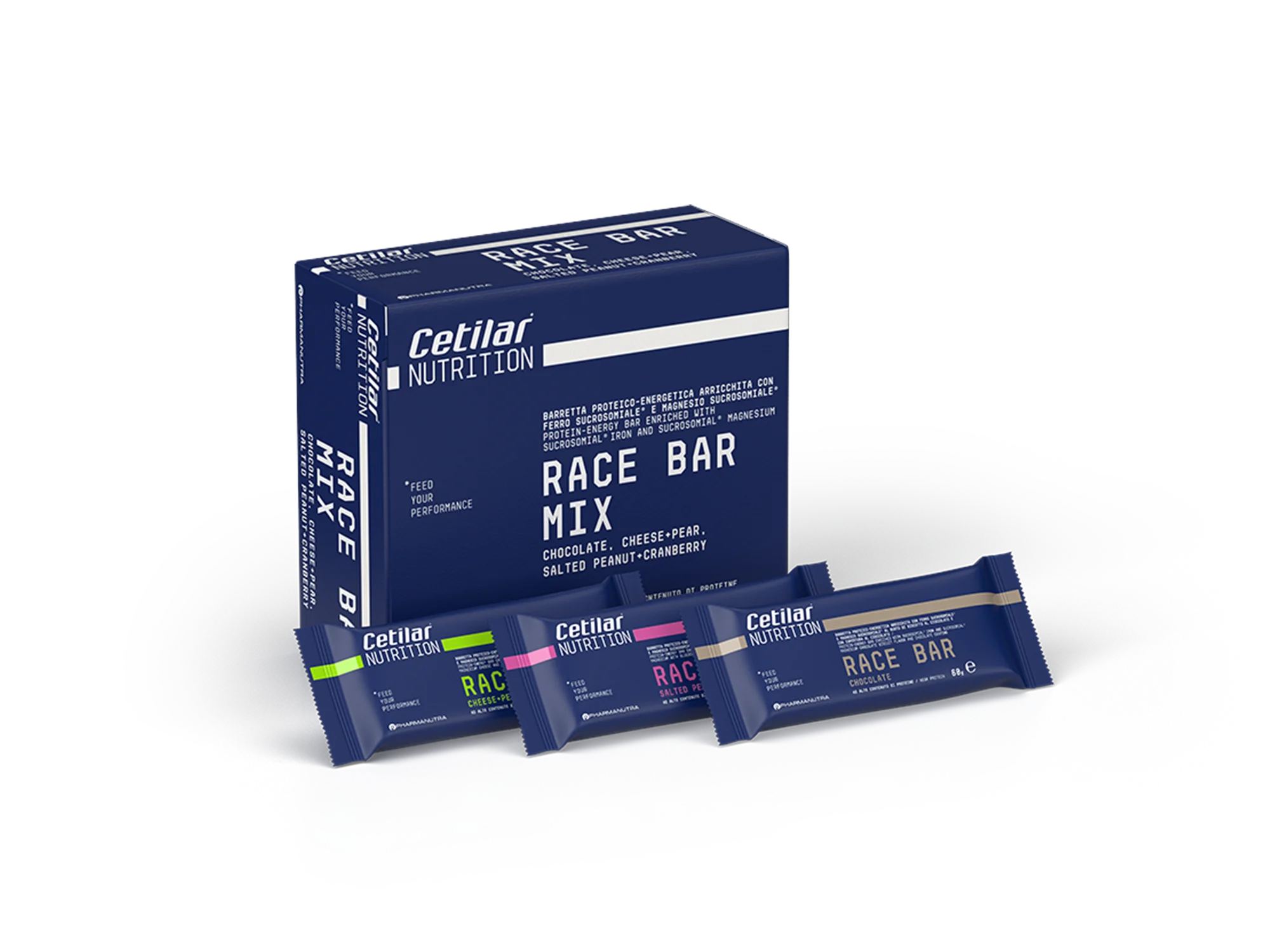The link between nutrition and sleep quality in athletes
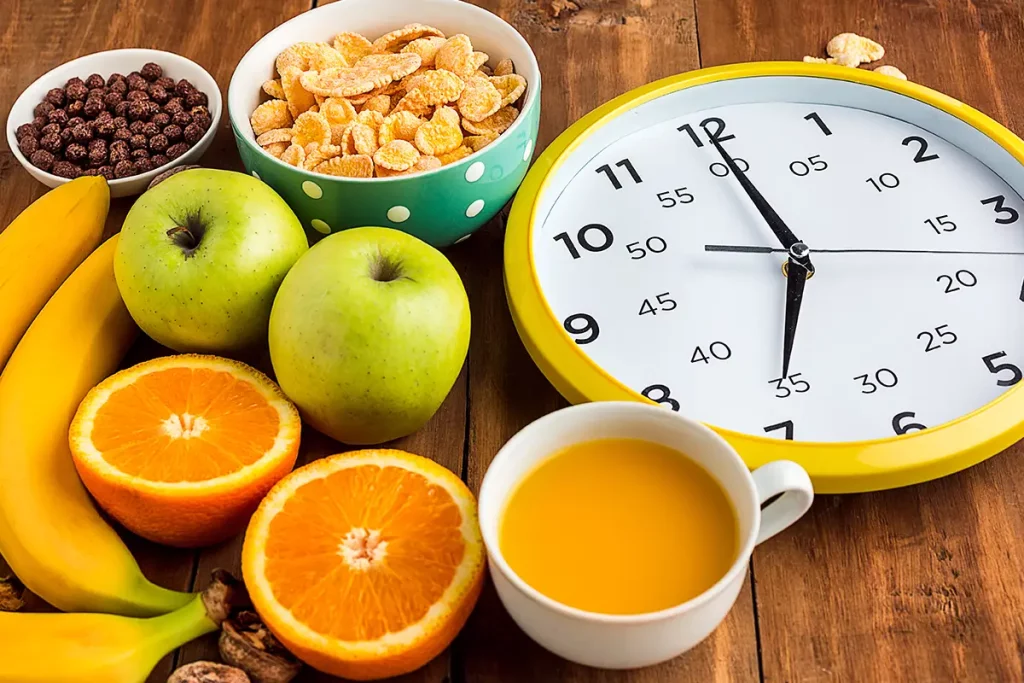
Nutrition and training alone are not enough: for an athlete, sleep completes the triangle of well-being, both physical and mental. Rest is a key factor in the recovery phase and is essential in ensuring that performance on the field remains high.
Why sleep is so important
The post training recovery phase is crucial for an athlete. And therefore, so is sleep, that allows optimal athletic performance and physical recovery.
Not surprisingly, when we are well rested, stress and fatigue levels are reduced during physical activity. And it doesn’t end there because sleep plays a decisive role not only in our body’s physical efficiency, but also in our mental well-being, another essential factor for maintaining high concentration and thereby sports performance.
And in fact, if an athlete has not rested enough, this will have an impact on how quickly they can reason in the field, with longer response times, resulting in poor performance. Last but not least, good sleep also reduces the risk of injuries and accidents during training.
Sleep and physical activity: an inseparable connection
The best athletic performance is always associated with a good night’s sleep as this allows the athlete to recover the energy used during physical activity.
Ideally, you should sleep between 8 and 9 hours each night. We just need to remember that growth hormone, the one responsible for muscle mass improvement, is released at night. With a good night’s sleep, muscles regenerate and grow and that is why an athlete can only perform at their best if they have had a good sleep.
Furthermore, according to new studies (the so-called Replay Theory) people memorize and learn certain movements used on the field while they sleep.
In fact, it should be emphasized that physical activity should never be done late in the evening. The best time for athletes is to train at least two hours before bedtime. This is because movement stimulates blood circulation, making it then difficult to fall asleep.
Sleep and nutrition: an inseparable pair
Sleep and nutrition must go hand in hand. They are inseparable factors for an athlete who wants to improve their athletic performance. A good quality of sleep at night produces positive and complementary effects to proper nutrition. At night, hormones and enzymes are produced which impact the ability to metabolize food, regulating the sensation of “hunger”. Conversely, following proper sports nutrition maximizes (or conditions) sleep.
The basic rule is to avoid overindulging in food and fluids before bedtime so as not to interfere with our body’s rest. But we must pay attention: if you eat too little, the feelings of hunger will remain with obvious repercussions during the recovery phase.
Foods to consume for good sleep
First of all, avoid caffeine. Drinking too much coffee can affect sleep quality. It is best not to drink coffee for several hours before bedtime. This is because caffeine increases latency at the onset of sleep, reducing the total duration of sleep and its quality. The same rule of avoiding alcohol, fried foods, sweets, especially cocoa, canned and smoked foods applies.
However, fruit such as kiwi has conciliatory abilities that facilitate sleep, just like chamomile, lavender or valerian. Carbohydrates are generally not recommended, as a high-glycaemic index evening meal reduces the time it takes to fall asleep, whereas protein increases sleep duration.
Another tip which can help your sleep is to consume foods rich in potassium, magnesium, and tryptophan, all of which help reduce stress and stimulate serotonin production. It doesn’t end there. As a daily rule, it is good to always follow a healthy and balanced diet that balances all the macronutrients our bodies need.
